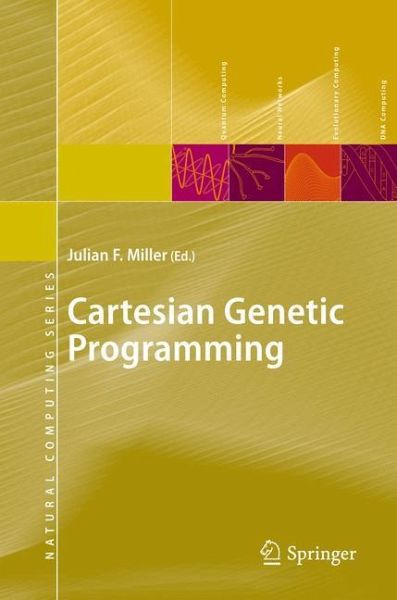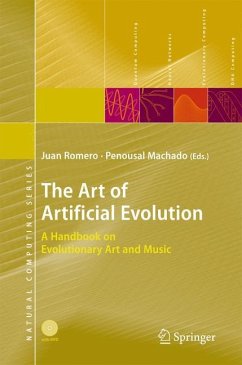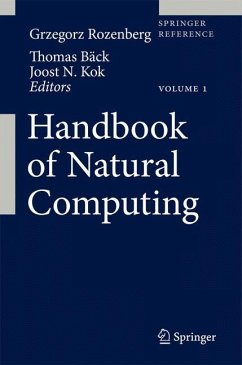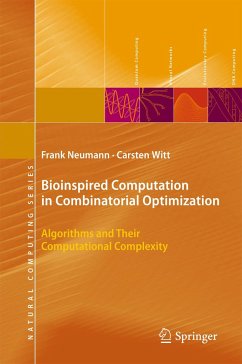
Cartesian Genetic Programming
Versandkostenfrei!
Versandfertig in 6-10 Tagen
75,99 €
inkl. MwSt.

PAYBACK Punkte
38 °P sammeln!
Cartesian Genetic Programming (CGP) is a highly effective and increasingly popular form of genetic programming. It represents programs in the form of directed graphs, and a particular characteristic is that it has a highly redundant genotype-phenotype mapping, in that genes can be noncoding. It has spawned a number of new forms, each improving on the efficiency, among them modular, or embedded, CGP, and self-modifying CGP. It has been applied to many problems in both computer science and applied sciences.This book contains chapters written by the leading figures in the development and applicat...
Cartesian Genetic Programming (CGP) is a highly effective and increasingly popular form of genetic programming. It represents programs in the form of directed graphs, and a particular characteristic is that it has a highly redundant genotype-phenotype mapping, in that genes can be noncoding. It has spawned a number of new forms, each improving on the efficiency, among them modular, or embedded, CGP, and self-modifying CGP. It has been applied to many problems in both computer science and applied sciences.
This book contains chapters written by the leading figures in the development and application of CGP, and it will be essential reading for researchers in genetic programming and for engineers and scientists solving applications using these techniques. It will also be useful for advanced undergraduates and postgraduates seeking to understand and utilize a highly efficient form of genetic programming.
This book contains chapters written by the leading figures in the development and application of CGP, and it will be essential reading for researchers in genetic programming and for engineers and scientists solving applications using these techniques. It will also be useful for advanced undergraduates and postgraduates seeking to understand and utilize a highly efficient form of genetic programming.














